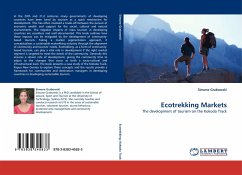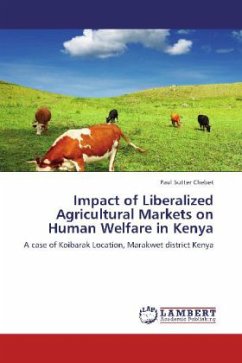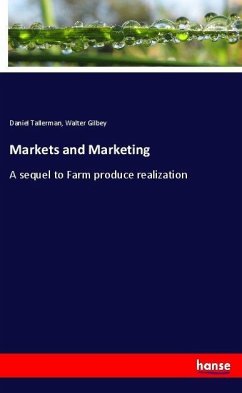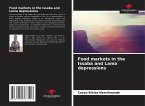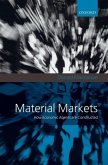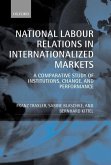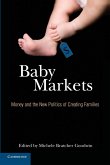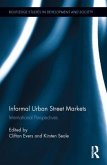In the 20th and 21st centuries many governments of developing countries have been lured by tourism as a quick mechanism for development. This has often involved a trade-off between the pursuit of economic wealth and support for the social, cultural and natural environments. The negative impacts of mass tourism in developing countries are countless and well documented. This book outlines how these impacts can be mitigated by the development of community-based tourism. Taking a market segmentation approach, it conceptualises a sustainable ecotrekking industry through the alignment of community and tourists needs. Ecotrekking, as a form of community-based tourism, can play a vital role in development if the right market segment is targeted to meet the needs of the community. Generally this ensures a slower rate of development, giving the community time to adjust to the changes that occur at both a socio-cultural and infrastructural level. The book presents a case study of the KokodaTrack, Papua New Guinea to explore these concepts and the results provide a framework for communities and destination managers in developing countries in developing sustainable tourism.
Bitte wählen Sie Ihr Anliegen aus.
Rechnungen
Retourenschein anfordern
Bestellstatus
Storno

